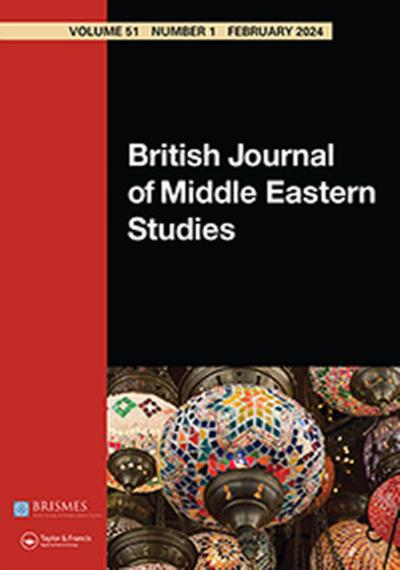Opportunity in Crisis: Navigating Afghanistan's Uncertain Future
Afghanistan’s future remains uncertain. After one of the longest and most ambitious interventions since the Second World War, peace and stability remain elusive. Much has been achieved but at a heavy price, and the sustainability of the gains made is in the balance. The world has an opportunity, if not a responsibility, to ensure that its investments pay a dividend – both for Afghans and for broader international security. Focused engagement could help stem the tide of poverty, political instability and violence. Disengagement could do the reverse.
Five key steps could make a major difference:
• An international diplomatic drive, spearheaded by the United States and China working in partnership, to bolster external support for Afghanistan, reduce regional tensions, especially between Afghanistan and Pakistan, and procure Taliban involvement in peace talks.
• Unrelenting efforts by the Afghan government, in conjunction with the UN and international partners, to build a peace process centred on structured, mediated dialogue with insurgents. It should be anchored in shared interests and include outreach to all elements of Afghan society, including women.
• The formulation and execution of a plan by the Afghan government to fulfil its own reform commitments, with clear prioritized goals to tackle corruption, build state effectiveness, create jobs and achieve fiscal sustainability.
• Concerted action by the government to forge more inclusive politics and development, involving efforts to strengthen electoral institutions, promote wide-ranging participation in politics and protect the space for local mobilization, especially for women and the younger generation.
• Renewed commitment by Western and other donors to provide sustained and coordinated financial support to Afghanistan’s civilian and security sectors over the next decade, on the basis of a revitalized Tokyo Mutual Accountability Framework (TMAF). This should be reinforced by greater use of multilateral bodies as vehicles for strengthening adherence to international norms, building institutional capacities and enhancing delivery mechanisms.
This paper seeks to capture key insights and recommendations from the ‘Opportunity in Crisis’ project on Afghanistan, which covered three areas: politics and elections, reconciliation and the region, and human development. In each area there are both immense, complex challenges and opportunities.


